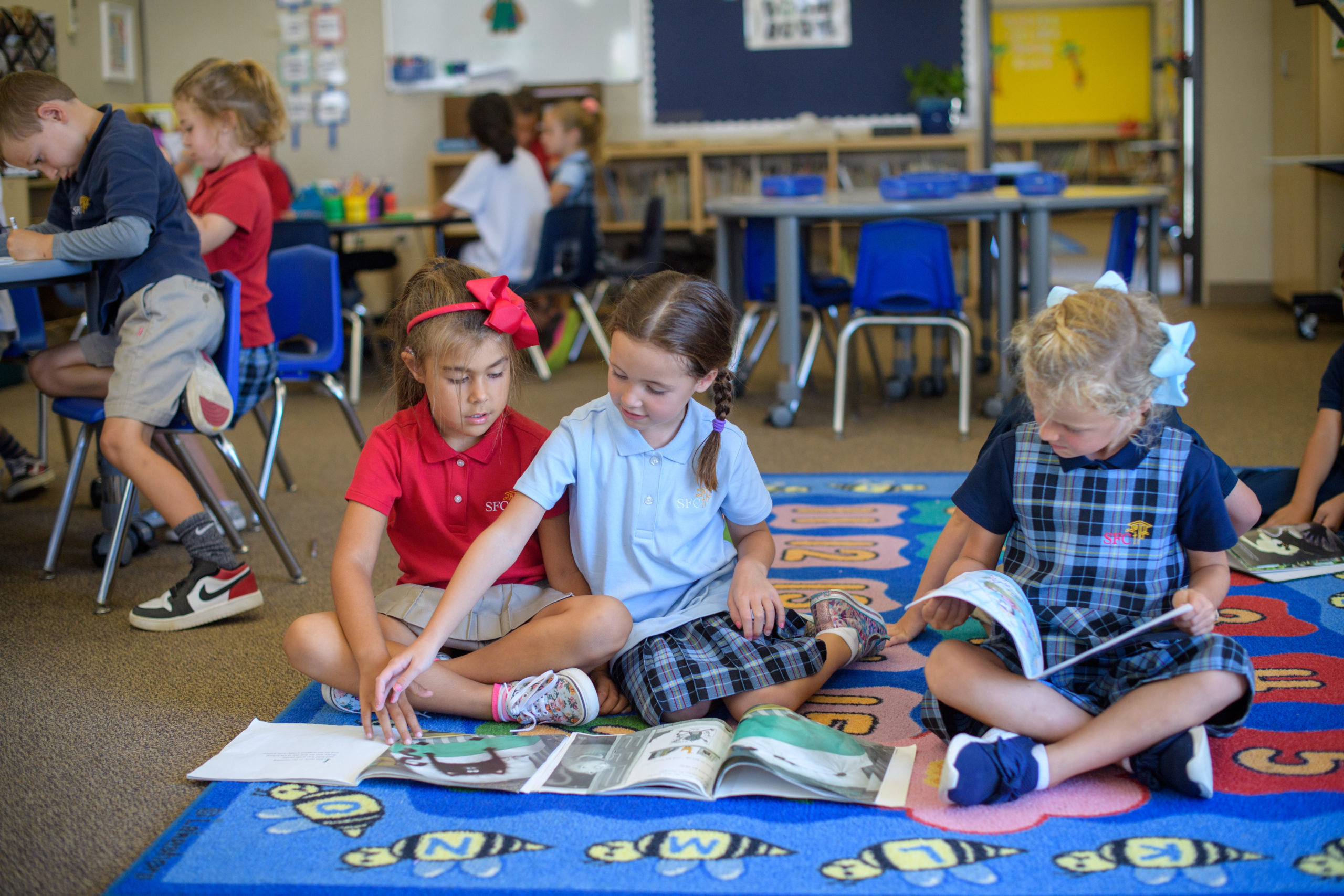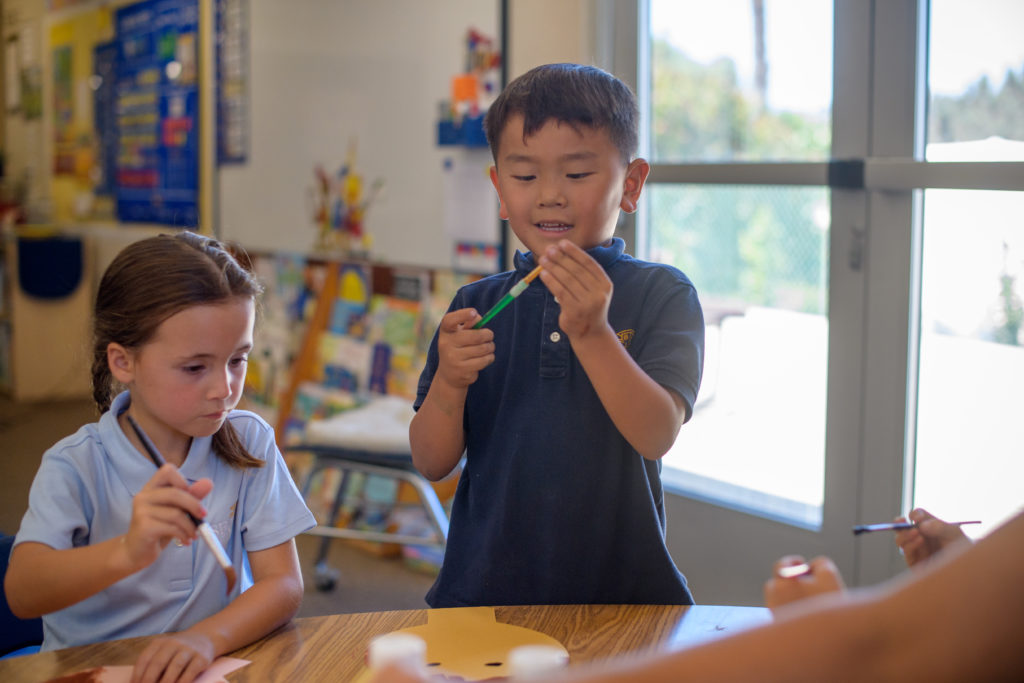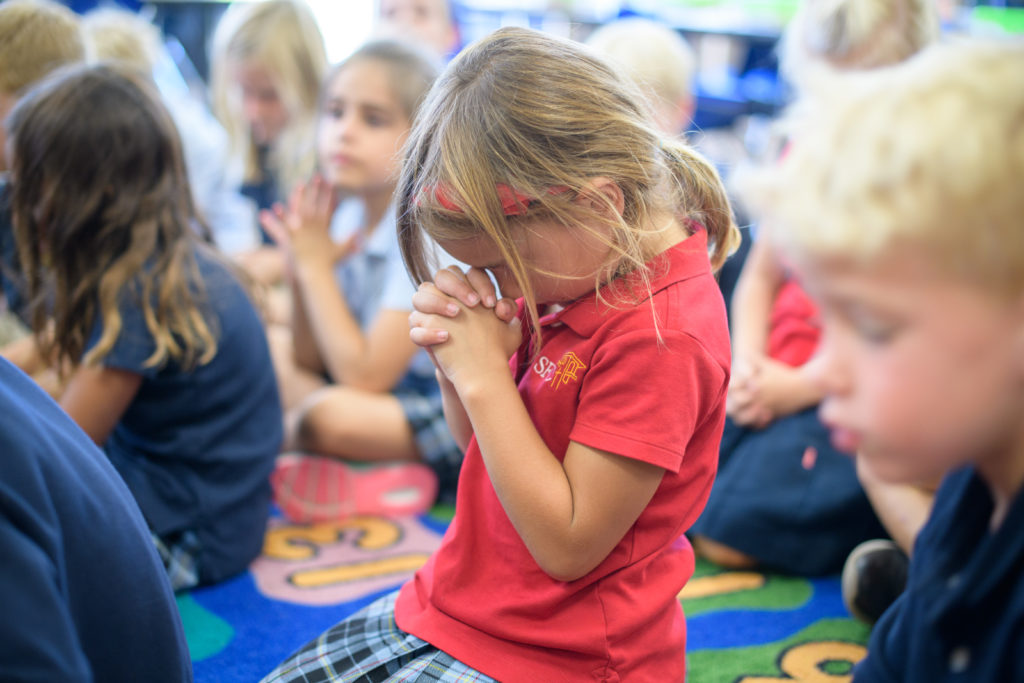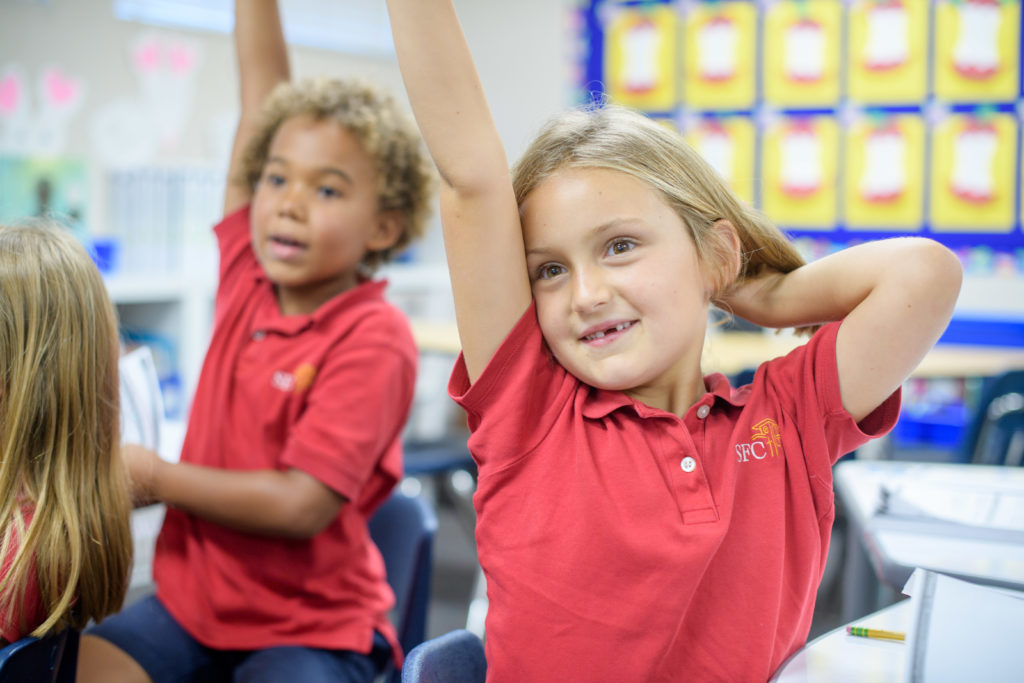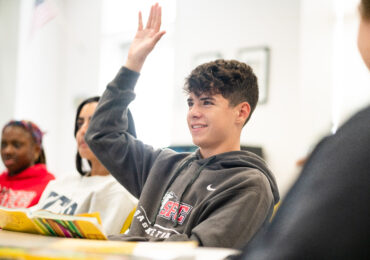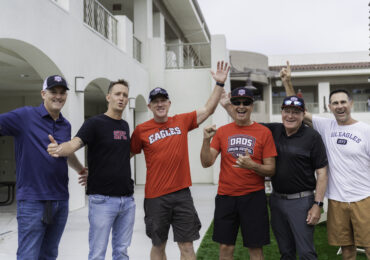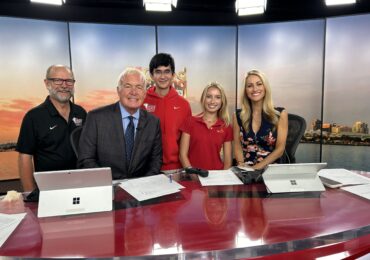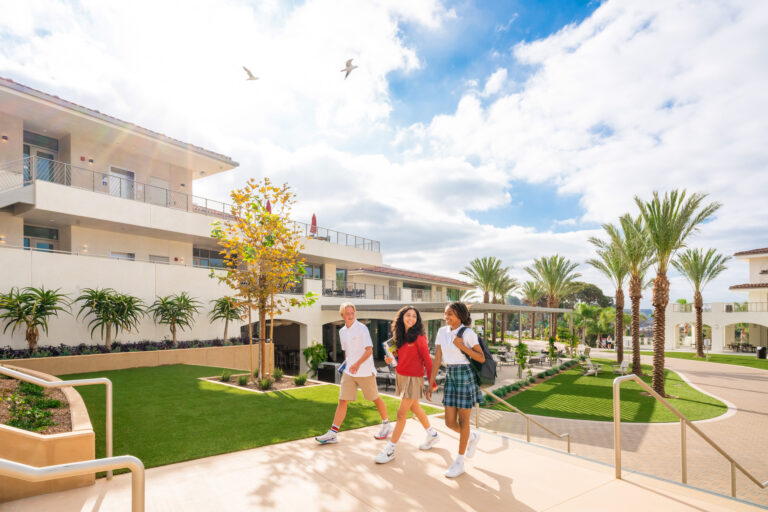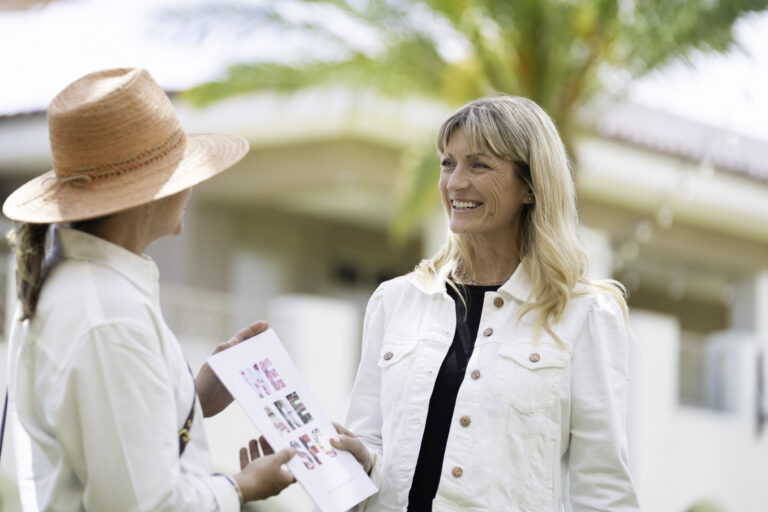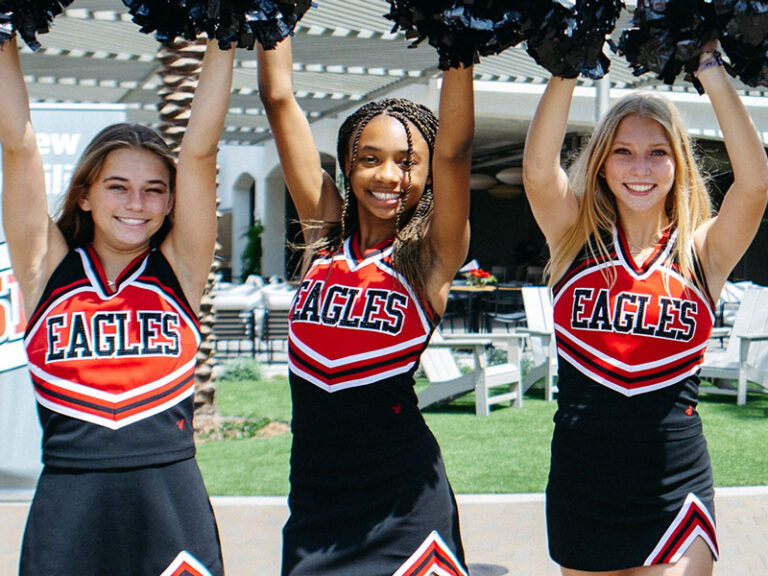The first day of kindergarten often comes with lots of unknowns for both children and parents. Santa Fe Christian wants to help eliminate those first-day jitters as much as possible.
As a leading San Diego private school, SFC offers a unique kindergarten program that differs from other schools in some key ways. By learning what to expect, families and their kindergarteners will be ready to tackle this pivotal school year with ease.
How Long is the School Day for Kindergarteners?
At Santa Fe Christian, kindergarten is a full-day program that operates Monday through Thursday from 8 a.m. to 1:50 p.m. and Friday from 8 a.m. to 1 p.m. Kindercare is available from 1:50 to 2:50 p.m. Monday through Thursday to give students more time to socialize and have fun after class. SFC also offers Aftercare for an additional fee Monday through Thursday 2:50 p.m. – 5 p.m., and Friday 1:50 p.m. – 5 p.m.
What Educational Priorities do Teachers Have for Kindergarteners?
Santa Fe Christian’s kindergarten program is holistic and focuses on several growth areas. In addition to academics, teachers also aim to foster children’s social and emotional growth.
An emphasis on faith development and spiritual growth is the key feature differentiating SFC’s kindergarten program from others. The Christian faith is central to SFC’s education and informs every other educational priority.
Much of kindergarten centers around teaching children social learning and helping them understand how school works. Everything is brand new to kindergarteners — from learning where to hang their backpacks to coming into the classroom quietly, taking their seats, and asking questions when they have trouble understanding something.
What Subjects do Kindergarteners Learn?
The kindergarten curriculum at SFC focuses on teaching the whole child. It includes Bible, science (labs), social studies, art, music, math, pre-reading and reading skill development, writing, Spanish, and physical education. Every part of the program involves learning through hands-on exploration, adding to children’s excitement and engagement with their education.
Teachers use a well-rounded approach with kindergarteners, encouraging them to explore and discover the world that God has created. With teaching methods centered on emotional growth, independence, and interaction with peers and adults, children receive an education that involves far more than just head knowledge.
How do Kindergarteners Learn About Who God is and Explore the Creation Around Them?
In addition to weekly chapel, kindergarteners at SFC learn everything through the lens of a Biblical worldview. Whether they’re learning about science, math, or reading, teachers emphasize natural connections between the material and the God who created it.
A Typical School Day for an SFC Kindergartener
So, what does an average day look like for kindergarteners at SFC? While each day’s activities aren’t set in stone, this sample itinerary will give a good idea of a kindergartener’s daily life.
Arriving at School
7:30 a.m. – 8:00 a.m. – Drop Off (Supervised Play Time)
When children first arrive at school, they’ll have some time to play out on the playground. This allows them to see friends and get some of their wiggles out before moving into the classroom. Kindergarten students line up on the playground when the whistle blows, and their teacher meets them there to walk them to class.
Lessons and Activities
8:00 a.m. – Class Time Begins with “Carpet Time” Open Meeting
At the start of class, kindergarteners usually begin their day with a morning meeting, “carpet time.” During this time, they’ll participate in activities like the flag salute, opening prayer, going over the agenda, and potentially a few other activities. Students get the chance to ease into the day and adapt to being in the classroom.
8:30 a.m. – Literacy Rotations
Students are put into groups based on their current reading level for an hour-long literacy rotation. Reading levels are assessed at the beginning of the year to allow the teacher, literacy specialist, and classroom aide to tailor activities to children’s levels and growth areas. This is an important part of kindergarten, which is why it takes up about an hour every morning!
9:30 a.m. – Snack/Recess
Kindergarteners need their wiggle breaks! Recess allows them the opportunity to play, rest, have a snack, and hang out with their friends.
9:45 a.m. – “Specials” Breakout
Teachers choose rotating special subjects to help supplement the core curriculum. Kindergarteners usually spend this time on art, music, or a science lab.
11:15 a.m. – Lunch
Time to refuel! The kindergarteners get a break to eat their lunches, so they’ll be ready for the second half of the day.
12:00 p.m. – Bible Time
Children learn about the Bible and the Christian faith. Kindergarteners start to learn Biblical truths, and they memorize certain Bible verses.
12:30 p.m. – 1:30 p.m. – Science/Social Studies
To wrap up the school day, teachers lead students through an hour-long science/social studies lesson. Children start to learn about the world around them and how it works.
Close of the School Day
Student Choice to End the Day (Last 15 Minutes)
Teachers let students decide what they’d like to do or learn about during the last 15 minutes of class. It signals the end of another great school day and gets them excited about coming back tomorrow!
Kindercare
An optional opportunity, Kindercare is available for kindergarteners to stay after school to socialize and play with friends. It is supervised until the all-school dismissal, and while it’s optional, most kindergarteners want to stay and have fun!
Homework/After-School Expectations
Kindergarteners get a homework packet once a week to practice what they’re learning in the classroom and to review skills. This homework takes an average of 10 minutes per night and asks children to do 20 minutes of reading. This looks a little different for each student and might involve parents reading to them since they are emerging readers. By exposing children to literature for a short time each night, parents build on the work their children do in the classroom and help improve their reading skills immensely.
Final Thoughts
While kindergarten may seem a bit intimidating at a K-12 school, SFC’s kindergarten program helps kindergarteners adapt to an educational environment by keeping them mostly in their own world at the Elementary School. Kindergarteners’ academic, emotional, social, and spiritual development sets them up for years of rigorous faith-centered education at SFC.
